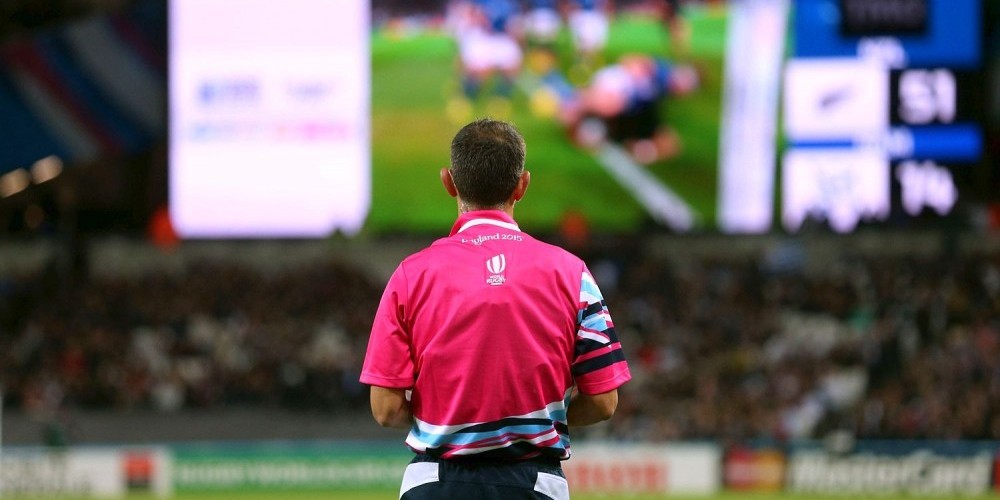With modern technology offering ever-increasing ways of utilizing video reviews and additional support for match officials, should sports reject the advances or are they simply stalling the inevitable?
Let us return to the events of the summer, during the Rugby World Cup quarter final, when official Craig Joubert awarded Australia a last minute penalty without consulting the Technical Match Official (TMO,) commonly known as a video referee. The resulting three-point kick sent Australia to the semis and Scotland crashing out. It was one of the most controversial moments of what was otherwise a fantastic summer of sport.
There are concerns in rugby that we are moving towards a situation where the real referee is the man in the car park in an office next to the television scanner rather than the highly-trained official in the centre of the pitch. Previously, and at levels of the game without TMO, the whole nature of being a rugby referee is that your word is final and everyone respects that decision. The level of respect is far superior to that in football and many other sports.
However, TMO has made referees doubt themselves. The referee should be the sole arbiter and have complete liberty over making his decisions. When you have a TMO in the background, the referees end up getting more things wrong because they are not as decisive. It breeds doubt which by its nature is not a trait anyone wants a referee to have, especially in a sport as fast-paced and free-flowing as rugby.
So then what are the arguments for video view and additional support for match referees in any sport? Accuracy seems to be the main argument, namely that the right decisions will be made and everyone will go home happy. Controversy will be removed from a situation. However, to believe that a few slow-motion shots from a variety of angles will remove all doubt from a complex sporting situation is ludicrous. In rugby, tackles always look ten times more serious in slow motion, leading to an increasing number of sin bin offences that should never have been given.
If it doesn’t remove the controversy from all situations, then is there a place for it in the game? Despite all the criticisms above, I would say yes, but only in limited circumstances. At the discretion of the man in the centre of the pitch, technology can be used to ascertain in cases of disputes where there is a clear binary whether a try should be awarded, or a ball crossed the goal line. Even so, it should be used sparingly so as not to disrupt the flow of the game, the speed of the action and the sense of spontaneity and jubilance when a try or goal has been awarded.
Technology should be embraced in the name of accuracy and fairness, but not at the expense of the spirit of the game. It should always be remembered that rugby, football, all sports in fact are games of humans and we should love them for their imperfections. Sport belongs to men and women, not robots, and it should stay that way.


